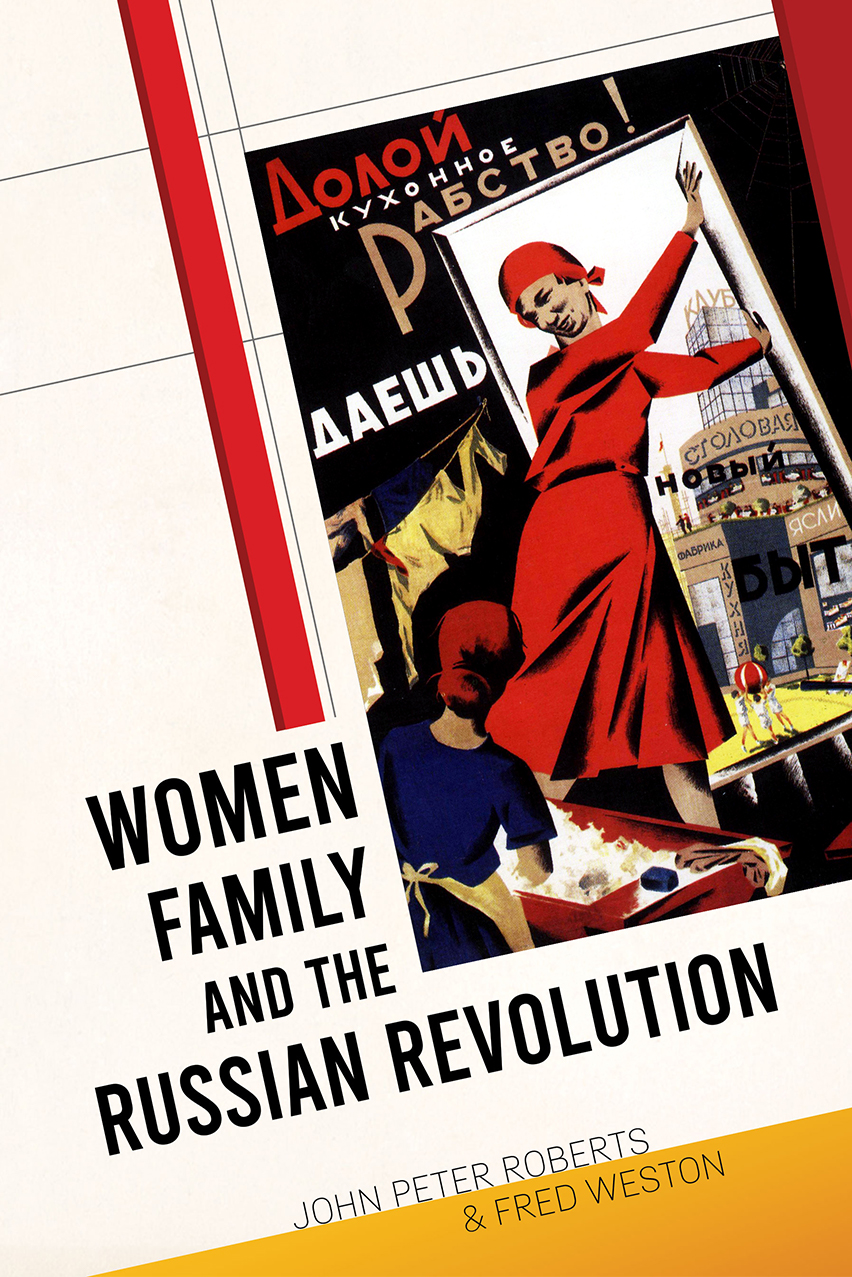The Bolsheviks came to power in a workers’ and peasants’ revolution supported by the great majority of Russian women. Abortion was legalised immediately and made available to women without charge.
For the first time wives were empowered to divorce their husbands, and many took the opportunity. In a society in which few homes had any basic amenities, it was envisaged that women would be freed from household drudgery by child-care centres, communal dining halls, and public laundries; and the predictions of Engels that mutual affection and respect would underpin relations between the sexes would be realised.
Under socialism the bourgeois family would wither away, releasing women from kitchen slavery and bringing them equality with men. But the betrayal by Social Democracy of the revolutionary upsurge following the First World War, and the pressure of imperialism on an isolated, backward, semi-feudal country meant a reactionary bureaucracy usurped political power, imposed a totalitarian regime, and enacted legislation to strengthen the conservative elements within Soviet society, restricting women’s rights to divorce, abolishing the right to abortion, and strengthening the family.
This book ends by noting the social and economic degradation imposed on Russian women by capitalist restoration, concluding that only a socialist, proletarian-led revolution can finally achieve women’s emancipation.

